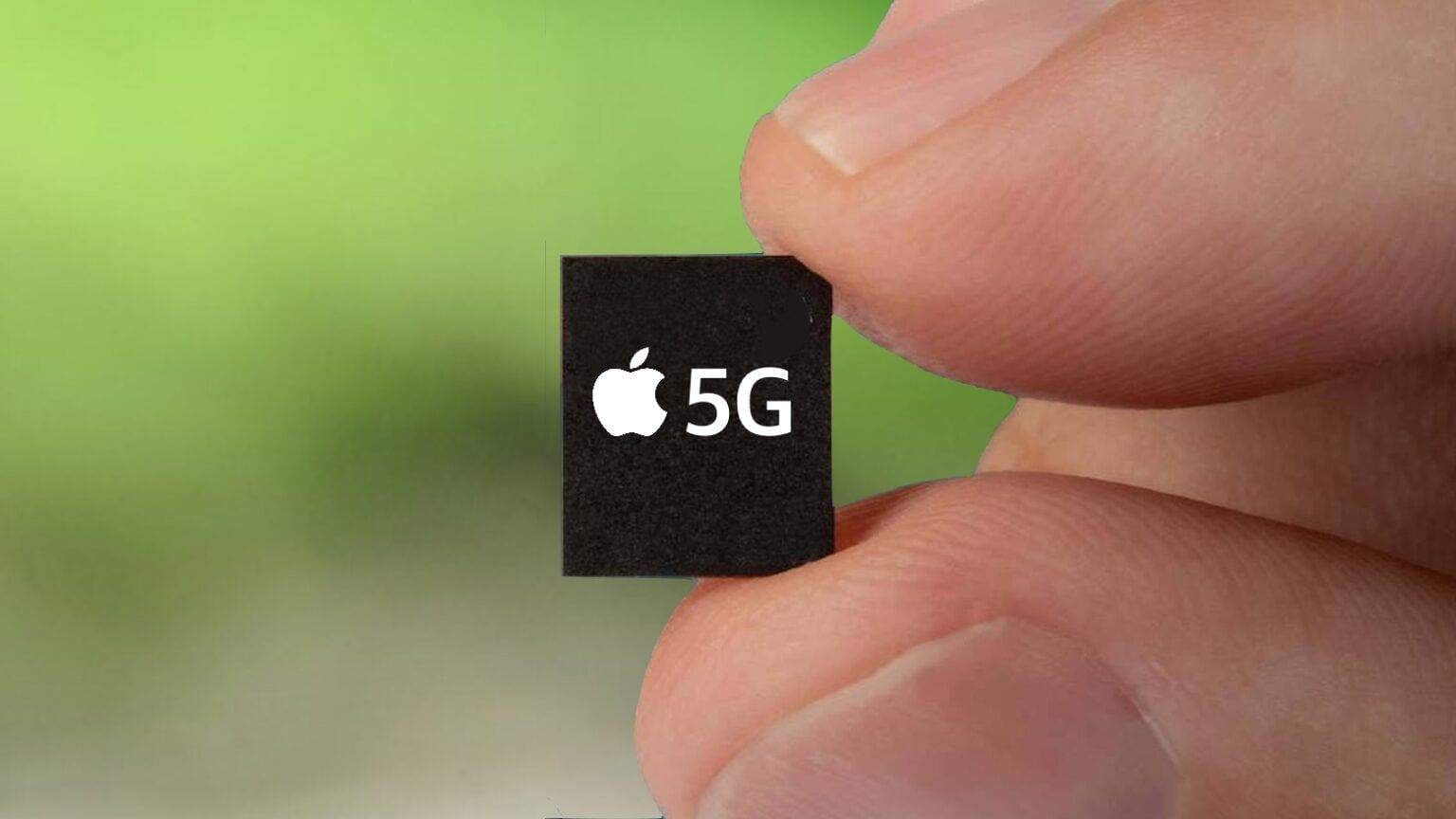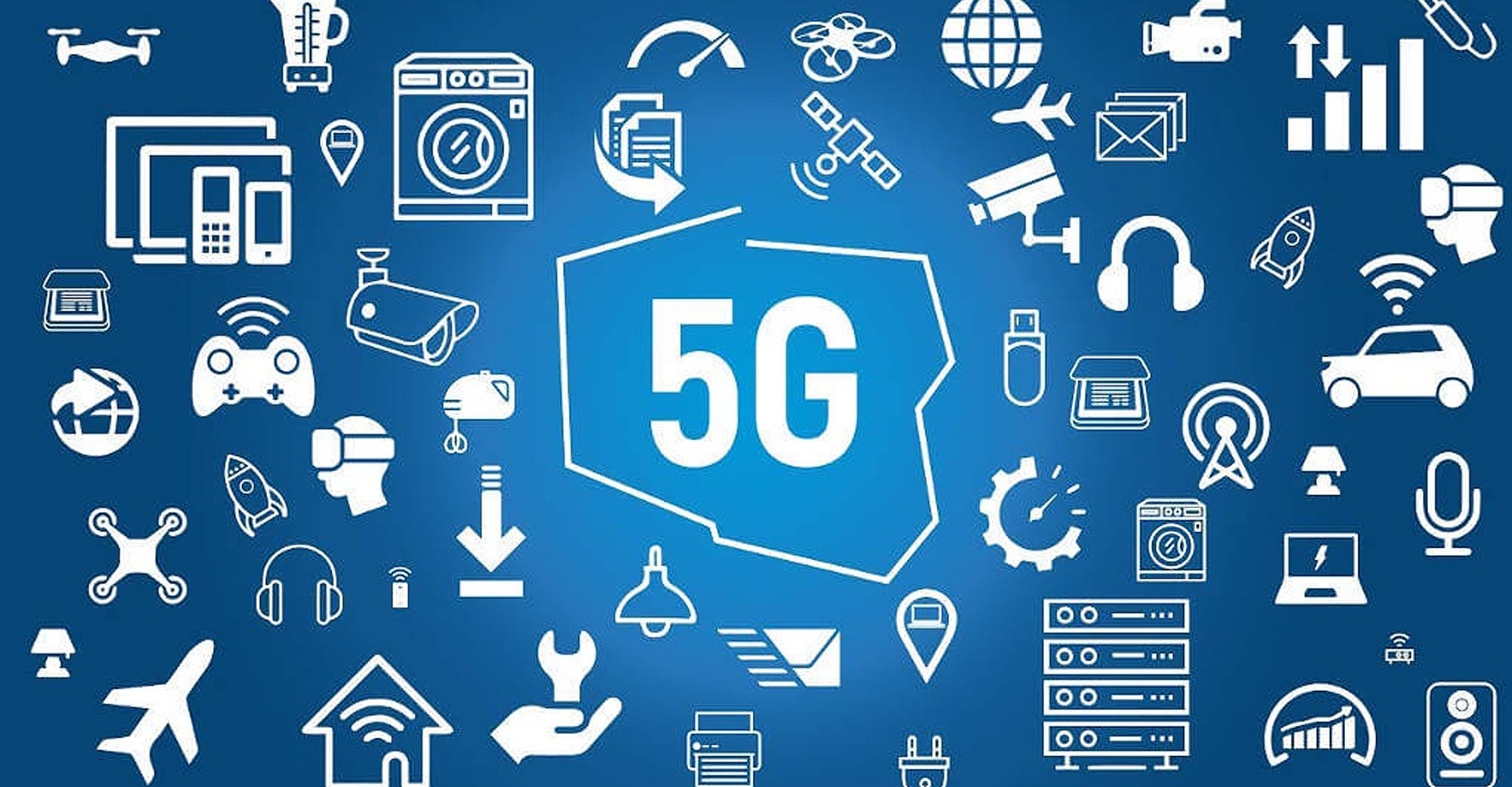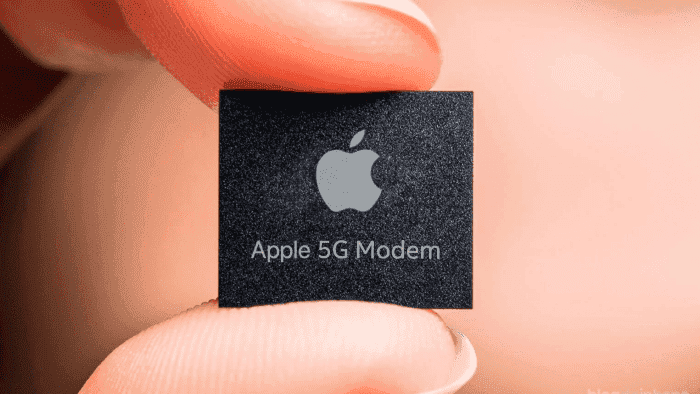Analyst Ming-Chi Kuo has recently revealed that Apple is speeding up its plans to reduce reliance on Qualcomm for 5G baseband chips. In 2025, Apple aims to introduce its own 5G baseband chips in two new iPhone models: the iPhone SE 4 in Q1 and the iPhone 17 Slim in Q3. This is a shift from what the company has been doing over the past few years. Apple’s drive to break free from Qualcomm began in earnest with the iPhone 7 series in 2016, when it started using Intel chips. The effort took on new urgency in 2018, when CEO Tim Cook directed a major initiative to design and produce modem chips in-house. This bold move saw the recruitment of many engineers to reduce Apple’s dependency on Qualcomm.

Acquiring Intel’s Baseband Division
A major change in Apple’s journey was the acquisition of Intel’s baseband chip division in July 2019 for $1 billion. This deal brought Apple over 17,000 patents and more than 2,200 staff. This deal was crucial for Apple, providing a wealth of intellectual property and experienced personnel needed to develop its own 5G tech.
The Agreement with Qualcomm
Despite its ongoing efforts to develop its own chips, Apple signed a supply deal with Qualcomm in September 2023. According to this deal, Qualcomm will continue to provide 5G baseband chips and RF systems for iPhones in 2024, 2025, and 2026. This move reflects Apple’s cautious approach, ensuring a reliable supply while its own tech matures.
Industry insiders have pointed out that Apple’s approach of buying Qualcomm chips while developing its own alternatives is a classic example of its “two-pronged” strategy. This method, a hallmark of Cook’s supply chain management, allows Apple to mitigate risks and maintain supply stability while fostering innovation within its ranks.
With the advent of Apple’s self-developed 5G baseband chips, the tech giant is poised to solve the problem of dependency on Qualcomm. The first devices to feature these new chips will be the iPhone SE 4 and the iPhone 17 Slim, set for release in 2025. This development marks a significant step in Apple’s strategy to control more aspects of its hardware and reduce external dependencies.

Implications for the Industry
Apple’s move to develop its own 5G chips could have far-reaching implications for the tech industry. For Qualcomm, losing Apple as a major client would be a substantial blow. For Apple, achieving self-sufficiency in chip design not only enhances its supply chain but also strengthens its competitive edge. It allows more control over product features and innovations, potentially leading to better integration and performance.
Conclusion
Apple’s journey towards developing its own 5G baseband chips highlights its strategic foresight and commitment to innovation. By acquiring Intel’s baseband division and adopting a cautious yet ambitious two-pronged strategy, Apple is set to significantly reduce its reliance on Qualcomm. This move will likely enhance its control over its hardware, leading to better product integration and performance. As the iPhone SE 4 and iPhone 17 Slim pave the way in 2025, Apple’s strategic shift will undoubtedly have a lasting impact on the tech landscape.





